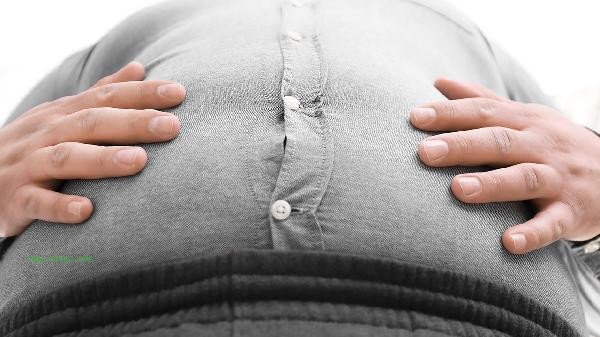After discontinuing weight loss candies, weight rebound may occur, mainly due to factors such as the disappearance of calorie deficit, metabolic adaptation, relaxed dietary control, water fluctuations, and individual differences.
1. Disappearance of calorie deficit:

Weight loss candies often create a calorie deficit by suppressing appetite or reducing nutrient absorption. If the diet structure is not adjusted after discontinuation, daily calorie intake may exceed consumption. Some products contain dietary fiber that swells when exposed to water, causing a feeling of fullness. After discontinuation, an increase in food intake can lead to calorie surplus. It is recommended to gradually reduce dependence and establish a balanced diet pattern.
2. Metabolic adaptation:
Long term use of exogenous weight loss products may lead to a decrease in basal metabolic rate adaptation. When suddenly stopped, metabolic levels may not be restored synchronously. If the original activity level is maintained, the decrease in energy consumption may trigger a rebound. Combining strength training to increase muscle mass can help improve resting metabolic rate.
3. Relaxation of dietary control:

Some users mistakenly regard weight loss candies as a "guilt free talisman" and relax restrictions on high sugar and high-fat foods after discontinuation. The psychological compensation effect may lead to overeating. It is recommended to maintain self-discipline by keeping a diet diary and replacing refined carbohydrates with low GI foods.
4. Water fluctuation:
After the weight loss candy containing diuretic ingredients is stopped, water retention in the body will cause weight increase, which belongs to physiological fluctuation rather than fat increase. Daily monitoring of fasting weight in the morning is more accurate, while maintaining a daily intake of 2000 milliliters of water to promote metabolism.
5. Individual differences:
Genetic factors, composition of gut microbiota, and differences in hormone levels can affect the degree of rebound. People with a predisposition to obesity need a longer transition period. They can consult a nutritionist to develop a personalized plan, and if necessary, use legal weight loss drugs such as orlistat to assist in the transition. Establishing sustainable healthy habits is the core of preventing rebound. It is recommended to adopt a Mediterranean diet pattern, ensuring at least 30 minutes of aerobic exercise combined with resistance training daily, and maintaining 7-9 hours of sleep. Regularly measuring body fat percentage is more meaningful than simply focusing on weight. During the plateau period, intermittent fasting or adjusting macro nutrient ratios can be attempted. Weight fluctuations within 2.5 kilograms are within the normal range and there is no need for excessive anxiety. If the rebound continues to exceed 10% of the original weight loss, it is recommended to go to the endocrinology department to investigate potential diseases such as polycystic ovary syndrome and hypothyroidism.





Comments (0)
Leave a Comment
No comments yet
Be the first to share your thoughts!